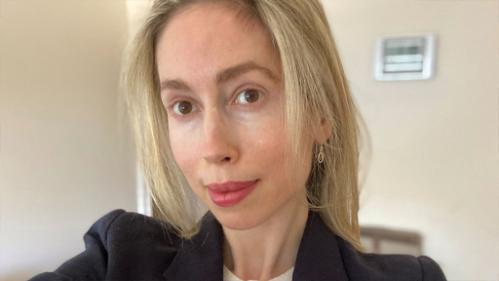The Agora Speaker Series is hosted by the School of Liberal Arts. Lectures presented as part of the series are free of charge and are open to members of the School of Liberal Arts, the University and the general public.

Agora Speaker Series 2023 - Dr Sophie Alexandra Frazer
-
-
-
Wollongong Campus
20.4
“Passionate Perversity and Perverse Passion”: The Aporia of Emily Brontë’s Wuthering Heights
From the time of its publication in 1847, Wuthering Heights has occupied a privileged, yet destabilising place in literary criticism, as an aesthetic anomaly that both repels and attracts the reader, irresistibly, to its violent and cruel world. Met with varying degrees of disgust, amidst a recognition of its awesome power, Emily Brontë’s novel is an object of discomfort, as though it speaks an arcane language we cannot transcribe, impervious to the increasingly sophisticated vocabulary of the modern critic. Most memorably described by Sidney Dobell as “the large utterance of a baby god,” its status as the apotheosis of novelistic art in English, yet unyielding in its resistance to critical interpretation, has made Brontë’s novel an enigma; it lures us with a false promise of resolving, at last, its otherworldliness.
The cynosure of the novel is a love story so well-known that one can rehearse its plot –if only in the collage-memory of its many afterlives in popular culture – even in the absence of reading it. It is this love – sweeping, implacable, perverse – that is the site of the novel’s deferred promise of meaning. The sheer excess of the passion between Catherine and Heathcliff enacts the aporia of aesthetic representation itself: for in desire, certainty is always prohibited – one never really knows.
In this paper, I consider Wuthering Heights as a high romance in various modalities: between critic and text; between reader and story; and most crucially, between two persons whose anguished need for each other bends the rules of figuration. Starting with Kate Bush’s surreal art-pop interpretation, with its jagged rhythms, dissonance, and dream-like haze, I attempt to come closer to the mesmeric love that animates the novel. What happens to the conventions of literary realism, of temporal order, of human ontology, under the vortex-like pull of this impossible love?